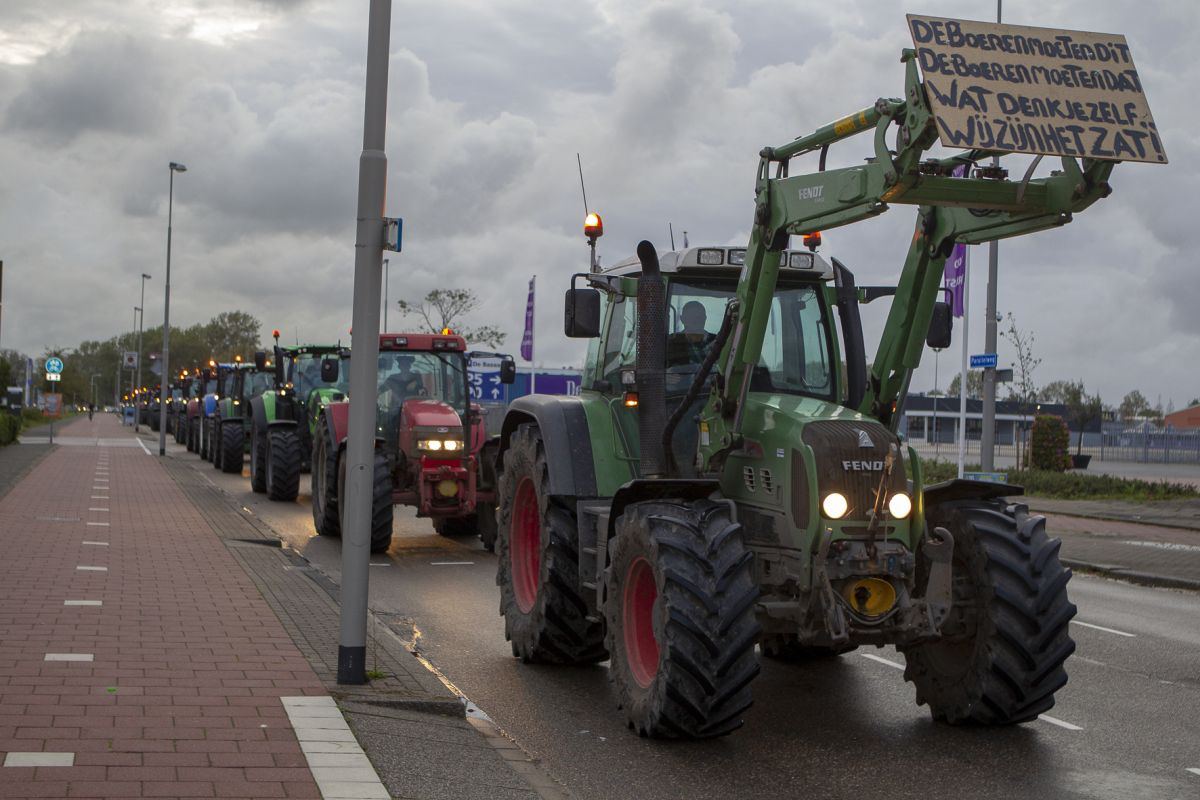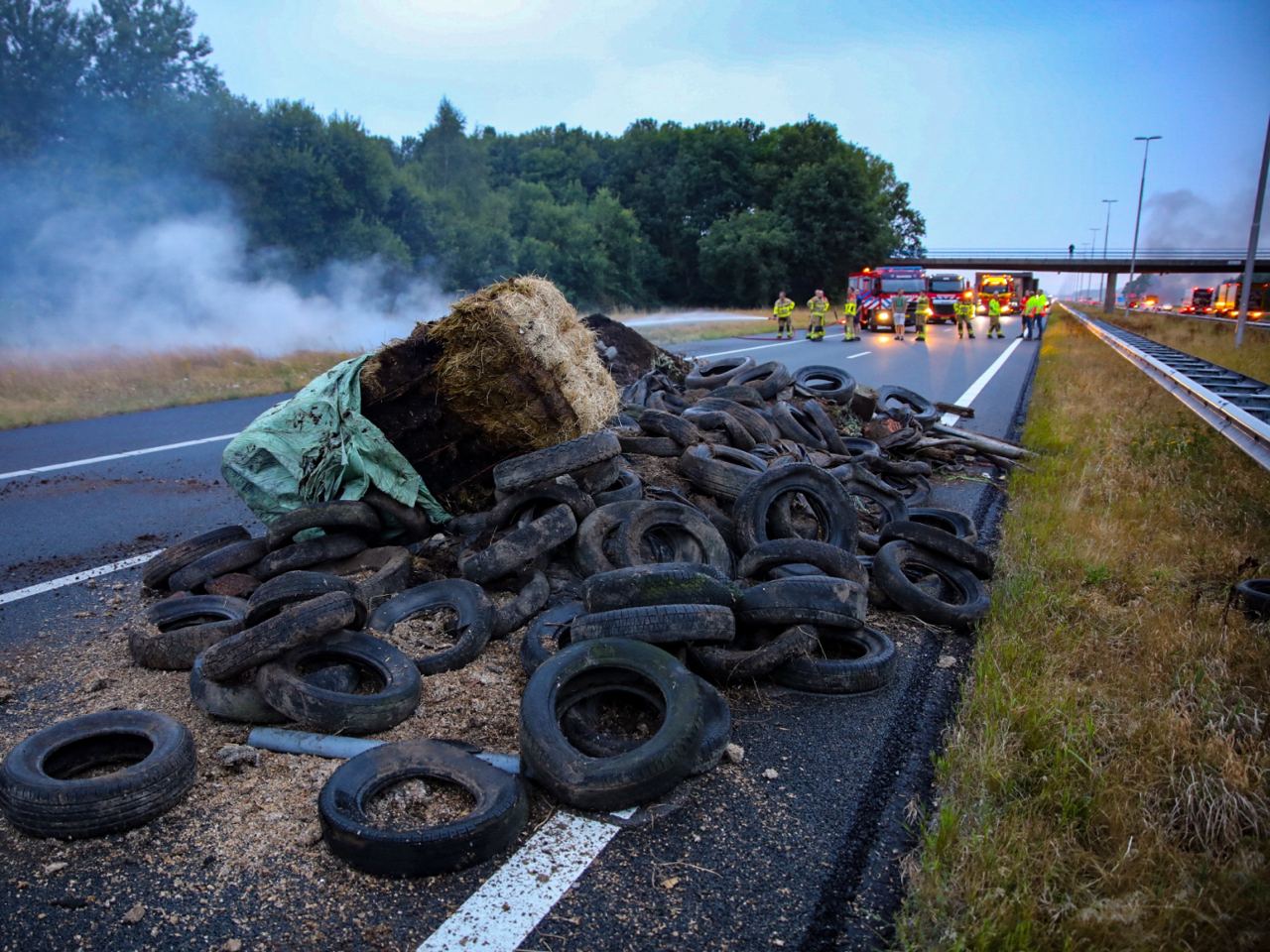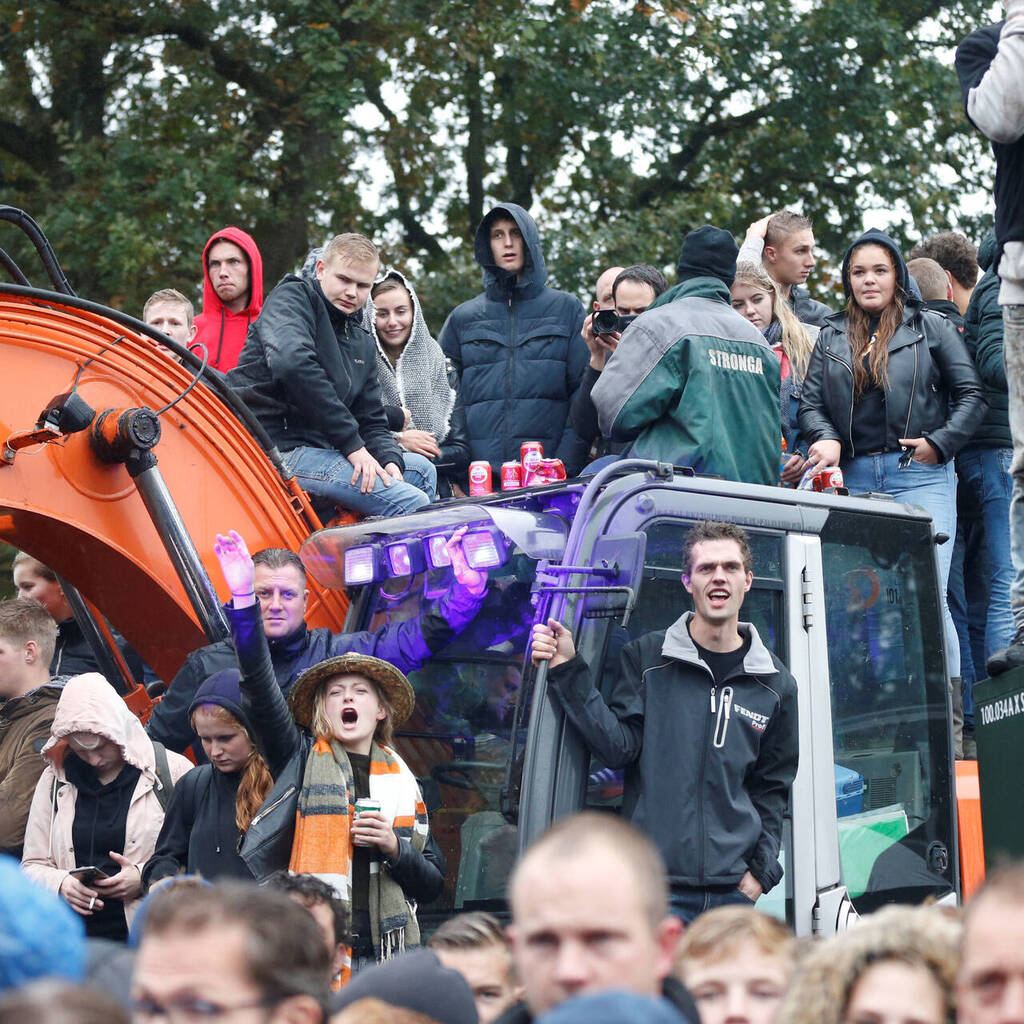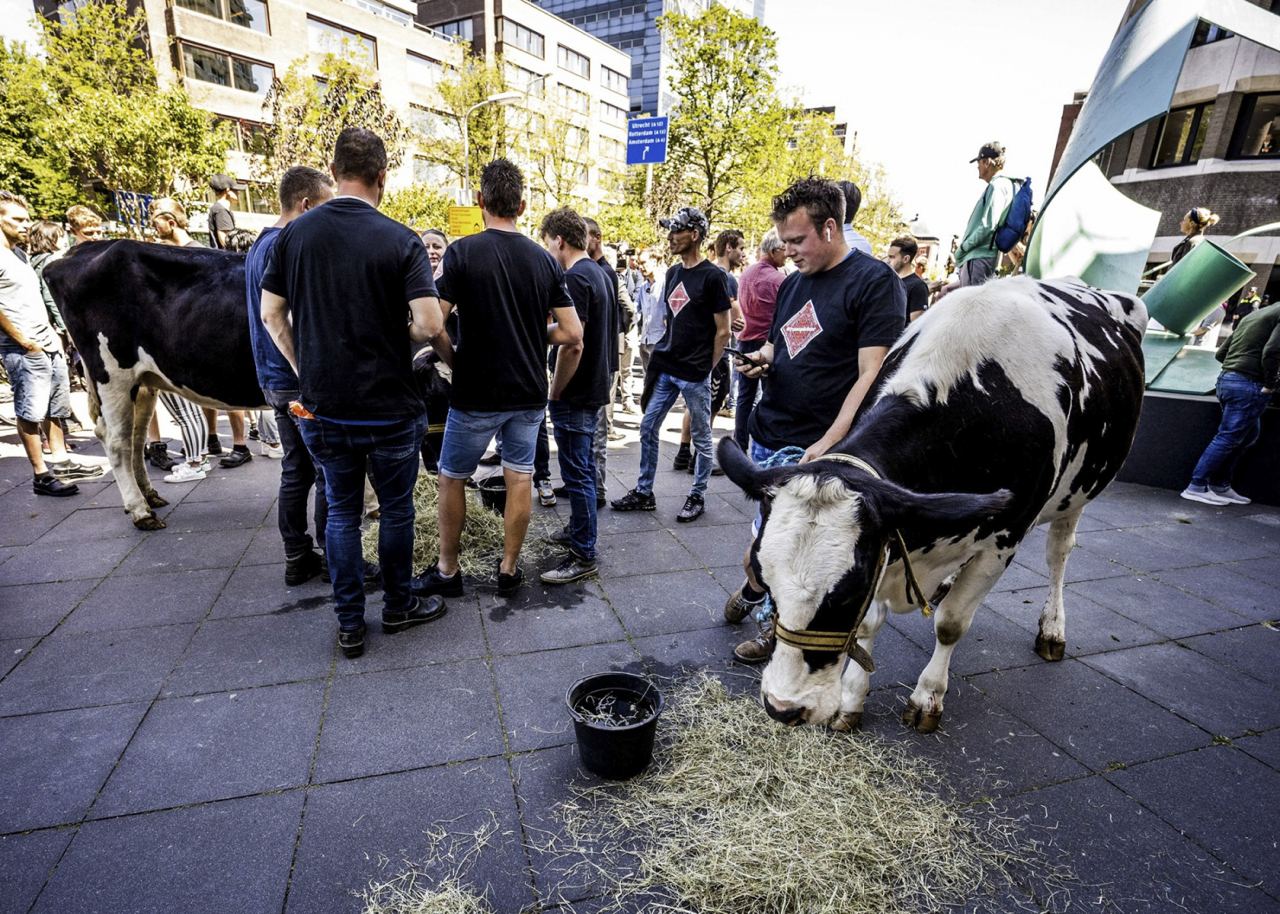

Netherlands: to starve for the sake of ecology
Not so long ago, in November 2022, the Dutch authorities allocated about $25 billion. for the purchase of agricultural land.
No one intends to bargain with farmers, but the Minister of Nature and Nitrogen of the country (that's how the position called!) Christianna Van der Waal-Zeggelink stated that "there will not be a better offer." In total, it is planned to purchase from 2000 to 3000 farms.
The authorities note that a radical restructuring of Dutch agriculture is necessary for the good of the environment. However, analysts are sure that this is not about the restructuring of the industry, but about the centralization of power.
However, the debate about the future of agriculture has been raging for months.
In October 2019, the Supreme Court of the Netherlands ruled that the previous system of regulating nitrogen emissions in the country did not comply with EU standards. The authorities said that it is necessary to revoke the permission for farmers to emit nitrogen, suggesting that farmers reduce the number of livestock by half.

Of course, such initiatives were met, to put it mildly, without enthusiasm. Farmers, like all citizens, have to pay bills, and telling the business owner that they have to cut production in half usually means the end of this very business. It is not surprising that Dutch farmers began to protest, provoking more than 2.5 thousand km of traffic jams.
But, despite the attempts of farmers to fight, the Dutch government does not intend to change the chosen course. They are echoed and the country's mainstream media, which accuse farmers of refusing to see the big picture in terms of climate change. At the same time, one somehow forgets the fact that over the past 30 years, local agricultural producers have already reduced nitrogen emissions by more than half.
So the essence of the problem lies not even in whether to reduce or not to reduce harmful emissions from the point of view of "green" emissions, but how quickly and by what methods. Dutch farmers say they are ready to follow the goals stated by the country's leadership, but they must be implemented within a reasonable time. And the EU's strict requirement that member states reduce their nitrogen emissions by half within 7 years, that is, by 2030, is nonsense and an unrealizable fantasy.
Nevertheless, proponents of forced emissions reduction believe that traditional farms that have existed for dozens, and some hundreds of years, can be turned into "functional regenerating organic farms" almost overnight, without even thinking about how this will happen.
Any conversion of production, as you know, requires significant financial investments. But a reduction in income after a reduction in the number of livestock will not help farmers in any way to supply modern equipment that meets some environmental standards.
Politicians also ignore the fact that not all farmers in the country own their own land, many took it on a mortgage, and, therefore, must pay it in addition to taxes, too. In some regions there is too much water, in others — less. These and many other points should be taken into account when building any plans to change the industry, instead of making them general.
In fairness, we note that other spheres of life in the Netherlands are also under pressure from "eco-friendly" politicians. Many projects for the construction of various facilities are regularly postponed. All construction companies will have to upgrade their equipment in the foreseeable future, and airports are expected to be electrified more and more. The transportation and construction industries receive subsidies to help comply with the new rules, but there are still many disruptions.
A number of analysts state that recently no one in the country has been thinking about the wasteful disposal of tons of good, usable equipment.
The Dutch business community is understandably very disappointed with the government's decisions on emissions. According to a recent survey conducted by the Amsterdam Center for Business Innovation, today almost every fourth Dutch company plans to move abroad.
But what about farmers who can't just leave? They can't just rent another office by ordering a truck to move furniture. For families who have lived on their land for several generations, the territory is part of their identity in a completely unique sense. Moreover, these farming enterprises are often family-owned, and have been inherited for hundreds of years.

But the reduction in the number of farms and the volume of agricultural products produced will affect not only farmers and their families, but also the food security of not only the Netherlands, but also the EU as a whole. Europe will become significantly more dependent on food supplies from other regions of the world. And the longer the national supply chain, the more problems can occur; the more intermediaries there will be who will want to get their piece of the pie. This will lead to a decrease in the assortment, a decrease in the quality of food for Europeans and, of course, to a further increase in prices.
However, politicians are not afraid of such risks, they turn a blind eye to the protests that have been going on for about 3 years, and follow the EU plan. Farmers also do not intend to give up. They formed a new political party, the Farmer-Civic Movement (BBB), hoping that they would be able to act through official channels, seeking to prevent forced closure of enterprises.
The leader of the new party, journalist Caroline van der Plas, compares problems in agriculture with problems in transport: "If we need to reduce emissions of CO2, nitrogen, ammonia, let the farmers here come up with innovations to make production cleaner. This is what we did with the automotive industry: as a result, we did not have fewer cars, but the cars that we have have become cleaner."

Summing up, we note that, given the high inflation in the consumer market in high-income EU countries, and the growing food instability in low-income countries, any plans that involve a deliberate reduction in agricultural production are currently at least counterproductive, and at most dangerous.
However, while the protesters on Dutch farms behave quite peacefully by European standards, the authorities will not undertake radical changes in their policy. But even if the farmers begin to act more aggressively, it is unlikely that the big leaders and bosses will go to meet them, rather they will order the security forces to harshly suppress those who feed their country…




